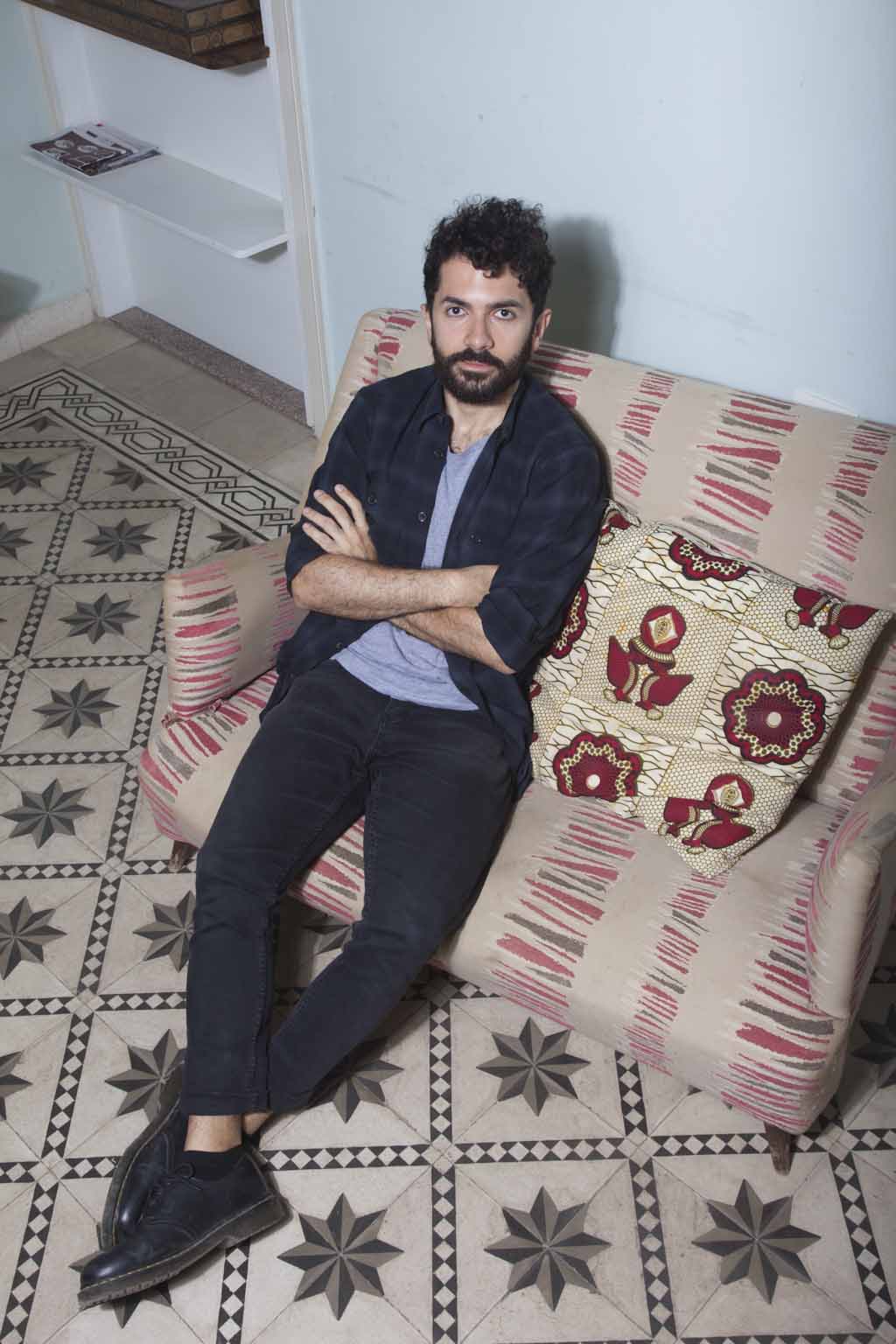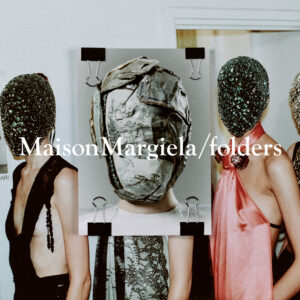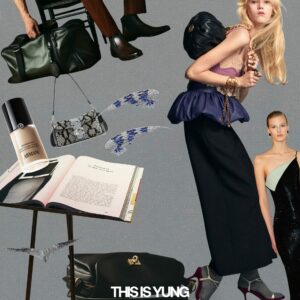Lebanese director Ely Dagher captured the world’s attention early, winning a Palme d’Or at the 2015 Cannes Film Festival for his short animation Waves ‘98. Since then, he’s been busy on his first live-action feature, The Sea Ahead, which also premiered at Cannes in 2021, during the Director’s Fortnight. YUNG caught up with him in the middle of his European publicity tour to support the release of the film across the continent.
YUNG: Where are you right now?
Ely Dagher: I’m in Berlin promoting the film. It’s been nearly a month. I’m not even sure where I am honestly [he laughs]. Yesterday I was in Paris, the day before I was in Anger, before that Montpellier, and Paris again.
How does it feel?
It’s great to screen the film and meet people and do Q&As. But on a personal level, it’s tiring. You feel your body is being transported from one place to another without you.
Promoting your film, The Sea Ahead, it must get repetitive. Being asked the same questions by someone like me!
I do feel like I’m repeating myself. The questions end up being different depending on the setting. Sometimes the interviews end up being short, like when I did radio and TV in France.
I watched your interview on TV, on Arte. I noticed they make you a bit of an ambassador for Lebanon, more than for the film you’re presenting
Yeah, that one did feel a bit rushed. Especially the last question was about food preserves. It was weird. I felt I wanted to add more things that were relevant to the film.
Does it get frustrating that because your work is about Lebanon, you get put in this position of explaining Lebanon?
It’s not always the case, but it’s often the case. I feel like with this film specifically, it’s not very helpful. The film isn’t about explaining the Lebanese context. If you come to the film in the hopes of understanding Lebanon, you won’t. It’s not about that. We’ve had some interviews that were more about the cinematic aspect. But sometimes in Q&As, especially in Paris, you get questions like “Do you think you represent all the Lebanese youth.” What kind of question is that? Or “You chose a middle-class family, why didn’t you also cover poor people and rich people?” Because it isn’t a documentary about different classes in Lebanon. There are certain expectations from Lebanese or Arab cinema.
I think that’s the problem when you only have one or two Lebanese films that travel internationally every year, a lot of pressure gets put on them to tell everything, which is not something that happens to other kinds of filmmakers.
Yes, of course. It’s not just pressuring. It’s also frustrating because they always expect a Lebanese film to be cause-driven. Women’s rights, liberation, conservatism. You get it on the funding side as well. I made this for a Lebanese audience first, even if I think it’s universal. If I’m a Lebanese viewer, I don’t care about a film that’s didactic, telling me about my problems. I know my problems. So, I want to take it somewhere else.
A lot of your work has been about Lebanon, which must be exhausting emotionally. I say that as an exhausted Lebanese person. Would you like to do something completely different, in a different place?
I’m not against doing other things, and I have some things in mind that are not in Lebanon. But my work comes as a reaction to things around me, which is why I think it’s connected to Lebanon a lot. The point is never to just tell a Lebanese story. Even with The Sea Ahead. It’s about the human condition. When I wrote the film, the situation in Lebanon wasn’t as difficult as it is today. So, people are adding meaning to it that wasn’t there initially.
Do you know what’s next?
Not really. Well, I have three projects in parallel, but I need to see what to prioritise. One of them is about the Western gaze on our side of the world.
How does the wider release reaction differ from the reaction at festivals?
It’s been good in most places. People have been giving amazing testimonies in the audience. It’s been interesting seeing what people are relating to. Only in Paris have I noticed questions that are more about things I’m not interested in.
I know people hate talking about stuff that’s years in the past but if I think back to [Palme D’Or winner] Waves ‘98, it felt hopeful and whimsical. Dreamlike. Do you consider The Sea Ahead grittier, more real? Do you want to make something more positive?
What do you mean by positive?
Positive is the wrong word. Directing someone else’s script, for example. I mean, removing yourself from it, so it’s less all-consuming.
I am open to that. But I’ll continue writing my stuff. I feel I have a lot of things to say. I see my work as denouncing, going against things. It’s a release. I don’t see The Sea Ahead as a pessimistic film.
Still, spending five years on something so personal must be taxing.
It is exhausting but it’s also rewarding. Because so much of the film is based on my story, my brother’s story, and our relationship with our parents and the city, it did bring up a lot of stuff. When I see other people telling me stories that are similar in reaction to the film, I feel a connection with them. You feel less alone in your own head.
We talked about a film the other day where I said nothing happens and you said that’s not what films are for. What are films for?
I do watch a lot of crap films, reality TV – when I want to just be entertained. That has its place. But that’s not my interest in it. My interest is to make you think and feel. Actually, feel more than think. And relate to your own existence on this earth. A big thing that frustrates me is injustice. So, in my own little way, without pretension that I’m trying to save the world, I push towards denouncing things I feel are unjust.












